Like many children of the 2000s, I had an obsession with a game called Yu-gi-oh!. It was just so captivating to my young mind. The art of the cards, the cheesy TV show, and all the various videogames that recreated the TCG. I loved all of them and even now, if you make a game that revolves around cards, that guarantees that I’m at least somewhat interested. So when I first saw Alkemi’s Foretales for the first time and saw that it’s a card game, that made me want to dive deep into it, and boy was I glad I did.
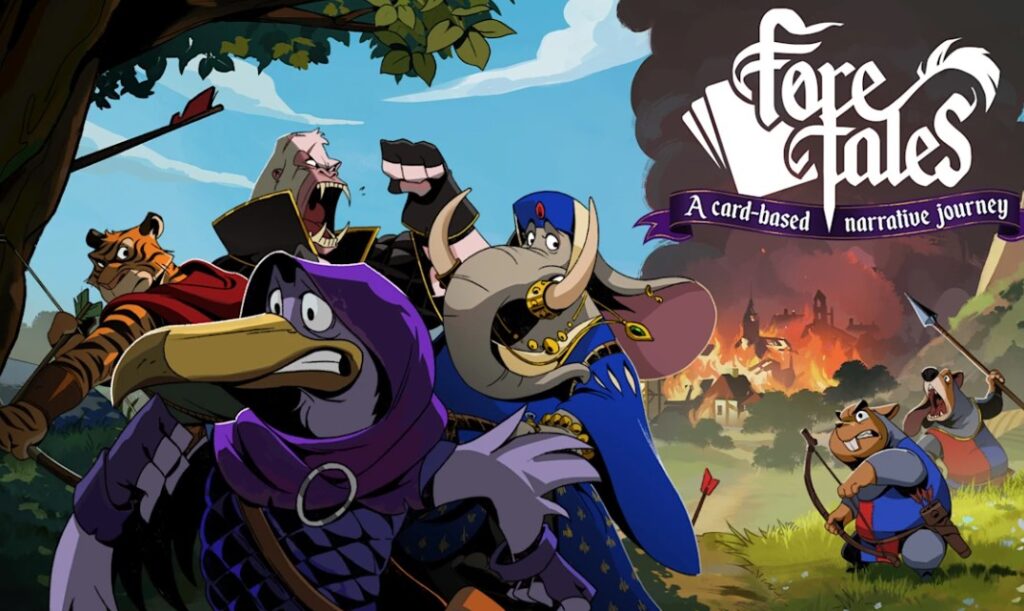
Foretales starts off really strong with a nice and quick tutorial. It introduces our main characters, master thief Volepain and assassin Leo, establishes their relationship, and puts you in a normal day in their life, stealing a golden lyre from some snooty aristocrat. The moment Volepain snatches the lyre is when the game truly starts to reveal itself. Volepain sees horrific visions of the future. The apocalypse is coming and it’s coming fast, and only Volepain has the power to stop it. He must assemble a team of companions to save the world before it’s too late.
Foretales is a very different type of card game from the sorts of TCGs that were around in my youth. It’s not a competition in any sense, more of an adventure. There’s no form of deckbuilding, Volepain and all of the companions he recruits across his journey have a fixed set of abilities, and the game is about using these abilities at the right times and in the right ways to guide yourself to victory, rather than conquering everything through sheer brute force.
This ties well into the game’s story. After snatching the lyre, you are taken to a screen with dozens of cards all lying facedown, some of which flip up to reveal potential missions, others reveal horrifying future “Doom Events,” some of which Volepain can stop, others he cannot. There are a ton of options on how to plan your route, which gives you a lot of room for replayability. If you decide to buy this game, it’s likely your route will differ greatly from mine, which is great.
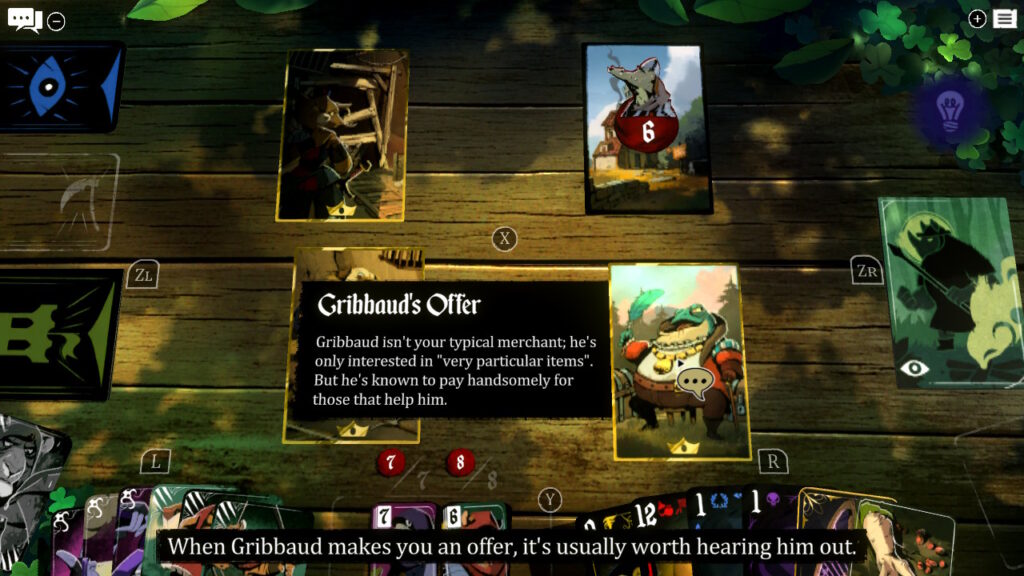
It helps that the story itself is very well told. Volepain is a wonderful protagonist, sly and witty, utterly unprepared for the role fate has forced him into but just trying to roll with the punches anyway. Leo serves as the voice of reason of the party, being an inspirational hero with a good sense of right and wrong. Others will join as you progress in the story, in my playthrough, I was joined by intimidating gorilla Karst, who uses violence and gangster connections to get what they want, and Pattenbois, a savvy female pirate who can sway anyone to her side with a hearty song. Your options in a mission will change completely depending on your party composition, including in terms of resolving the main conflict, navigating through the location cards, and in combat. It’s another great way to encourage replayability, and all teammates are equally valid choices in any mission.
Wrapping things together is a sarcastic narrator who really helps bring life to the proceedings, adding some much-needed levity to a story that goes to some pretty depressing places. He’s also the only character in the cast that’s voiced, which fits the aesthetic of the game. I imagine him as some sort of invisible dealer handing out the cards.
Foretales is not a competition, it’s using cards to tell a story rather than to do battle with another player, which has a very large effect on how they are all designed. There are multiple different decks and two different hands, which can seem intimidating at first, but it’s actually really simple. Most important are location cards, based on the location our heroes are currently in. For instance, the game begins in a city, so you’d have a card for a marketplace, a card for some docks, a card for some slums, a card for a guard outpost, and so on. And then there are each character’s skill cards, and all the item cards you’ll accumulate on your journey, which you use to progress through each location and advance the story.
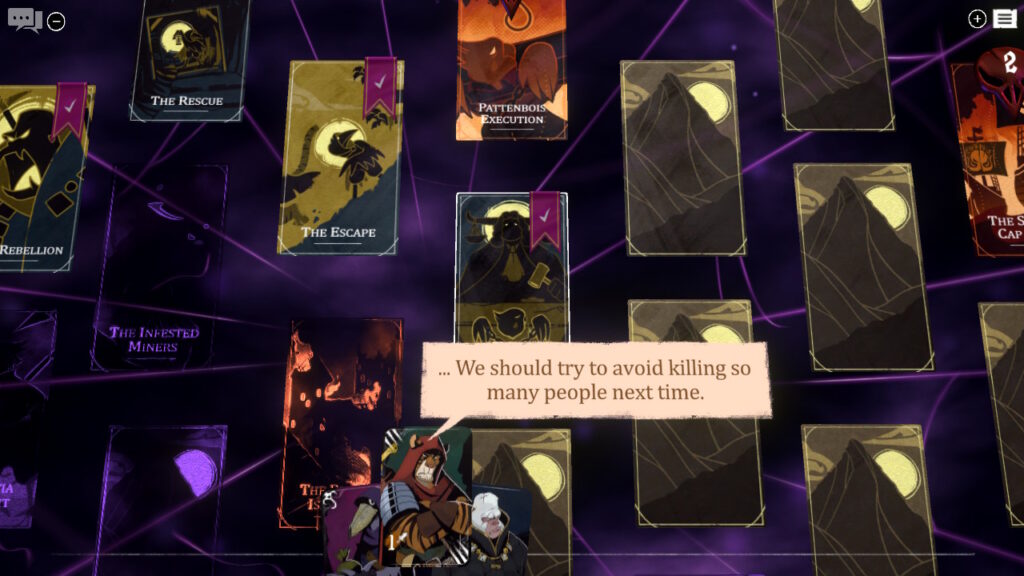
But no matter where you are in the world, all the card art is beautiful. There’s just a lot of nice detail in them, they really help the world come alive. The visual presentation is great all around. The entire game is played on a big wooden table, but they even placed some nice detail into that. Sunlight shines over a foliage-covered table if you play in an outdoor setting, the water flows overhead when you’re in the sewers, and the table gets slashed with claw marks the moment a battle is initiated.
One of my favorite things about this game is that almost all of your cards can be used in many different situations. I give you the example of a Bottle of Rum. You can trade it in certain locations for money or other items, it can be used to guide you to certain special locations, you can cook with it to make healing potions, you can have your party members drink it to accumulate large amounts of Grim, and you can use it in battle to stun any enemy that drinks it. Nearly every card in the game has multiple uses like this, and the game is very good at telling you beforehand what card does what, so you can experiment without the fear of wasting your cards.
Though not a competitive game, combat is still a major component of the game. As you play, the Search Party deck gets filled with enemies, and the game will periodically draw enemies from the Search Party to occupy a freshly drawn location card, and you won’t be able to interact with it until the enemies are gone. Not killed. Just gone. The game will always clarify that violence is not the only solution before you engage in battle, and the game ominously warns you that slaughtering too many enemies will have consequences.
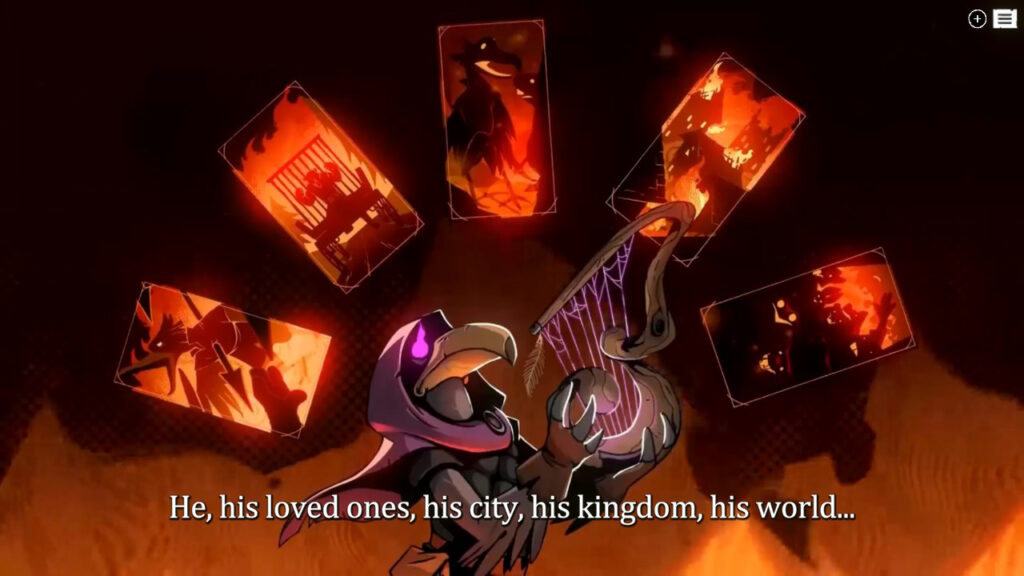
A kill-based morality system like this reminds me a lot of Arkane Studio’s “Dishonored”, and not in a good way. In Dishonored, it’s Chaos system was a detriment to the game, unnecessarily restricting the player’s options and encouraging a playstyle of constant savescumming to clear the game deathless. Even Arkane seems to know this, as their next game, “Deathloop” completely ripped out the Chaos mechanic and let you slaughter everything with no consequences.
Foretales has several improvements on this system, thankfully. By virtue of being a card game, you have more time to think everything through, and all deaths happen exclusively on your terms. You’ll spare your and your companions’ health by avoiding fights, but playing as a pacifist will rapidly eat into your resources. You can get enemies to flee with Gold, Fame, or Grim, or certain items that immediately make enemies of a certain faction flee, like an arrest warrant to immediately wipe out any enemy of the bandit faction. There are, however, some enemies that will never run away, namely the scores of Infected animals and certain boss encounters, and there are times, especially early in a chapter, where you literally don’t have the resources to resolve a conflict non-violently.
While this morality system generally works fine, there’s one boneheaded decision they make with it that is absolutely infuriating. Towards the end of the game, you will begin to encounter cultists, a faction that the narrator has nothing but contempt for. Here are some exact quotes from the narrator regarding them: “You should have killed them while you had the chance, Volepain.”, “If you want to let loose on these creeps, I won’t hold it against you…”, and “Cultists… I hate these guys… They don’t deserve to be negotiated with.”.
This led me to believe that the cultists are fair game, only to later discover that you are penalized for killing them like any other faction. To add insult to injury, the mission where I first encountered the cultists was also the first and only time where I got punished for being too bloodthirsty. After the mission, you rescue a mongoose medic, and Volepain offers to have her join the party, but she refused, not wanting to join “a band of murderers and criminals.”, punishing me for killing the people that the game explicitly told me I should kill.
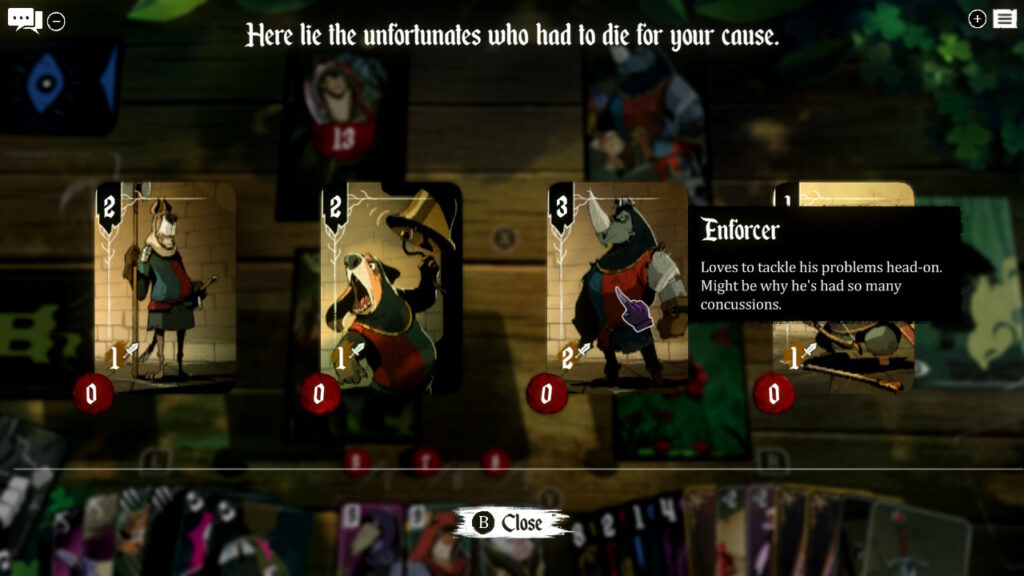
The switch port could definitely do with some optimization. I’ve had the game crash more than once, but lost no significant progress thanks to frequent autosaves. I’ve had a cutscene load incorrectly, playing the audio and subtitle tracks but not the actual video file. And the UI could definitely do with some improvements. Duplicate cards don’t stack correctly in the graveyard or Search Party, and you will frequently collect so many items in a mission that scrolling through the item hand becomes cumbersome, and there’s no way to reach the end of it without scrolling through the entire list. I’d think that you could scroll past the beginning of the skill hand to reach the end of the item hand or double tap the R button to get sent right to the end of the list, but nothing like that is possible.
I think the game’s biggest flaw, overall, is that while the game is amazing at telling you the consequences of your actions in the short term, it’s bad at alerting you to the consequences of your actions in the long term. When you choose a mission, other missions will be locked off, with you having no way of knowing in advance what missions will become inaccessible. As with Dishonored, the game never tells you how many kills is “too many”. And worst of all is the final Doom Event, “The Maelstrom”, which ends the game immediately if it goes off, something which the game never warns you about. It looks the same as any other Doom Event card, and several Doom Event cards will activate over the course of the campaign no matter what you do, with no permanent consequences to the player. I tripped the Maelstrom card in my playthrough because I had no indication that I was under a time limit, only to get a pathetic non-ending and get thrown right back to the start to do my 10+ hour playthrough all over again. Words cannot describe how deflating that experience is.
Despite how miserably my campaign ended, I did enjoy my time with Foretales. It is a beautiful, well-told narrative with a lovely cast of characters, inventive use of card game mechanics to tell a story, and it’s fun to experiment with all the cards and scenarios. I am absolutely not opposed to going back some time and trying for a proper ending, which is a strong recommendation in my book. When a game makes you want to come back for more even after you’ve finished it, that’s when you know you have something special on your hands.
Score: 8.5/10
Foretales launches September 15th on Nintendo Switch and Steam
For more information, visit: https://www.nintendo.com/store/products/foretales-switch/
Related: Reviews by Devon Williams
"Videogames have been a massive part of my life since I was three. With a bottomless appreciation for games both modern and retro, I'm always happy to experience something new and wacky. I hope to become a writer someday, to craft wonderful worlds like the ones in my favorite videogames."

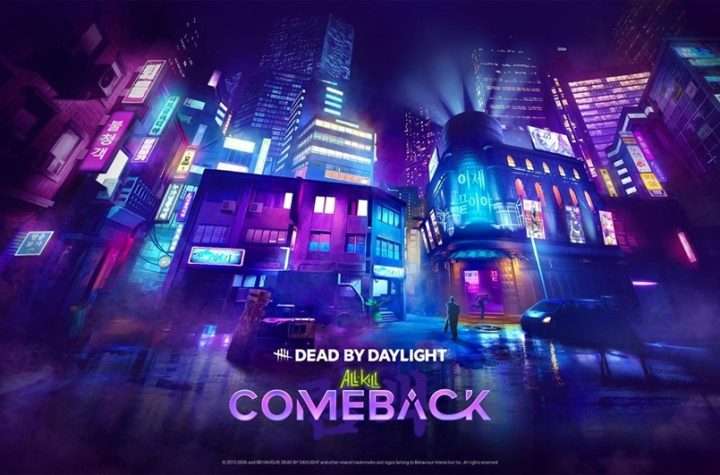
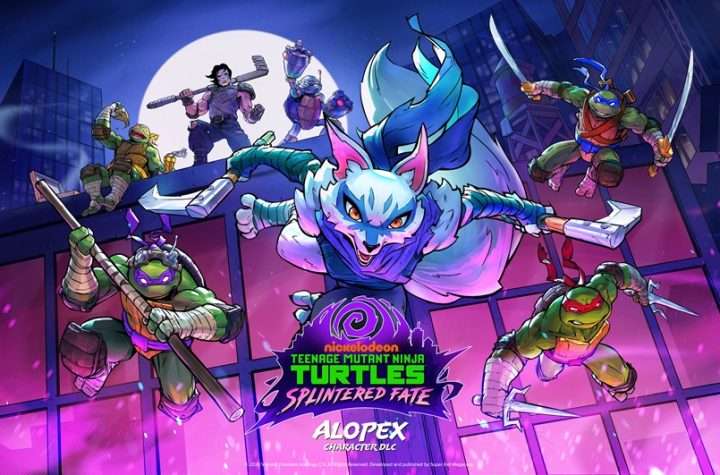
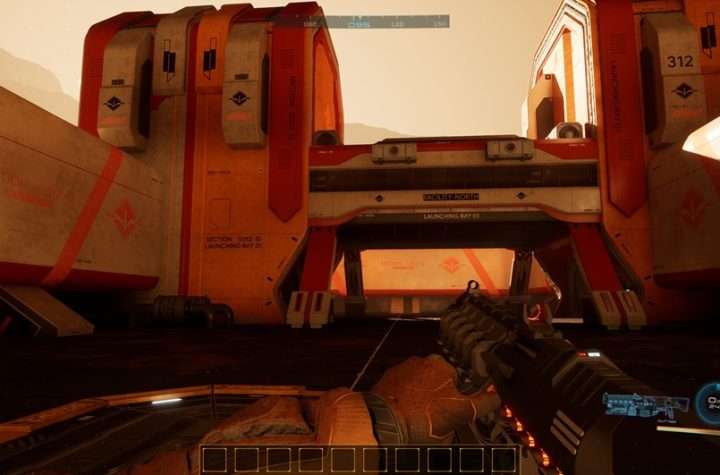
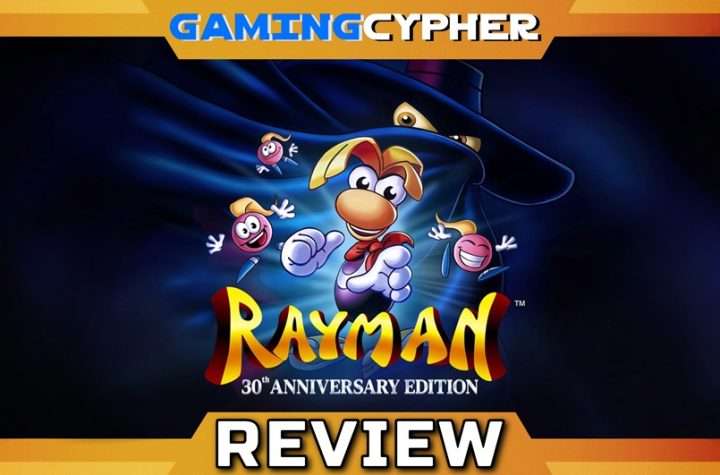
More Stories
Teenage Mutant Ninja Turtles: Splintered Fate Launches New Alopex DLC
Horizon Journey Review for Steam Early Access
Rayman: 30th Anniversary Edition Review for PlayStation 5